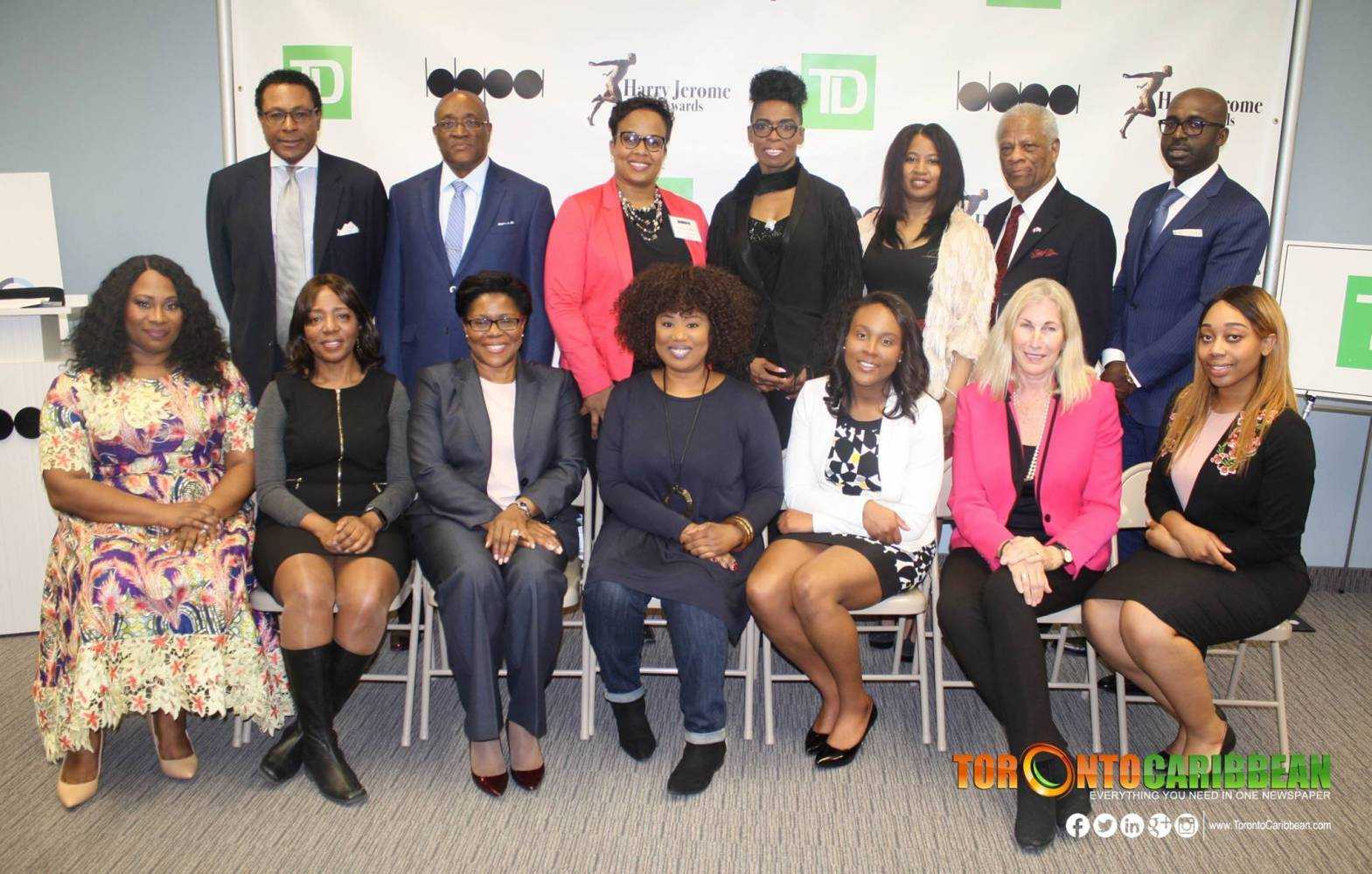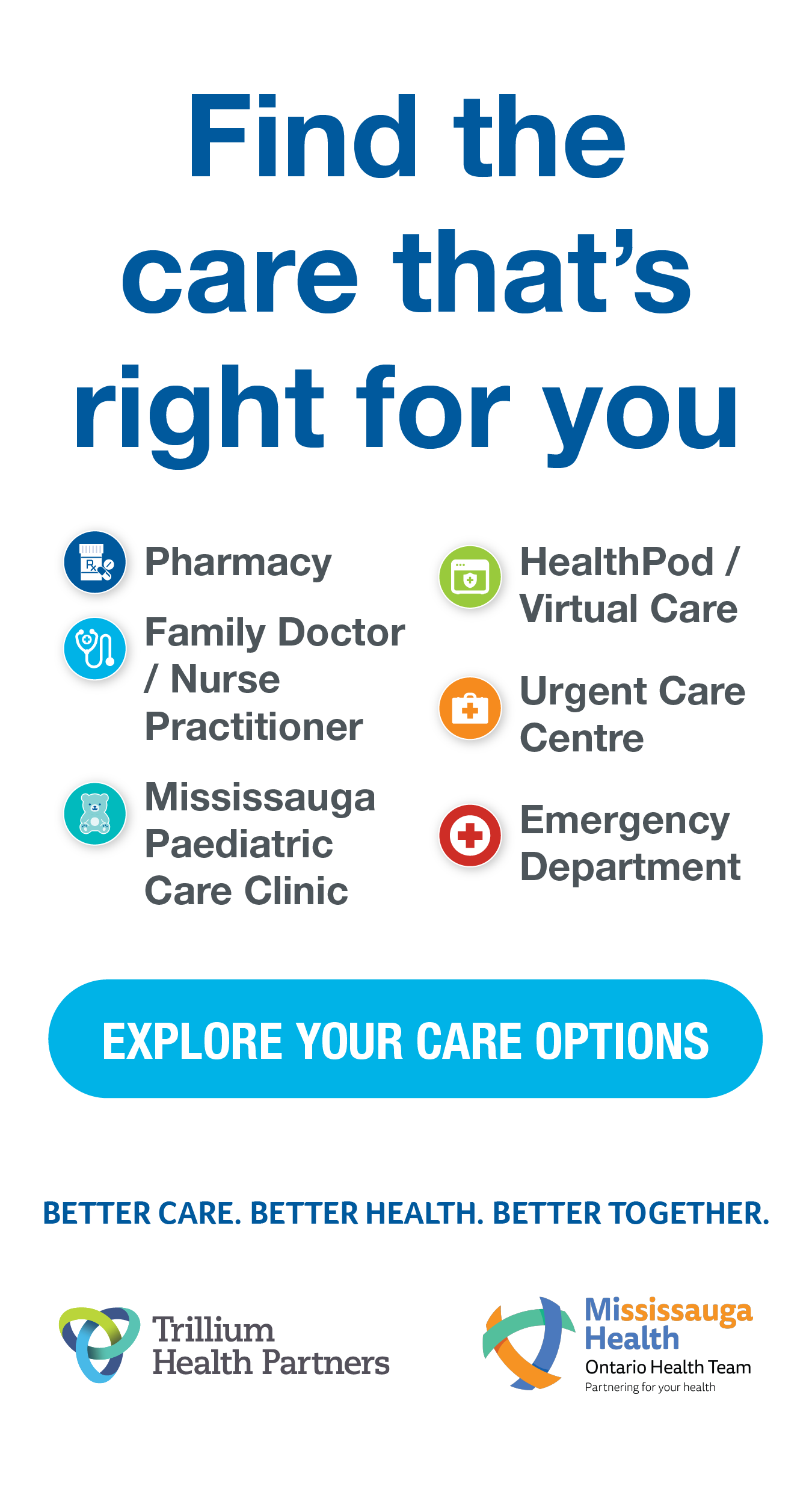on
BY: ALYSSA MAHADEO
Creating opportunities, celebrating excellence, and investing in the future. That is the mission statement put forth by the Black Business & Professional Association (BBPA) who have been responsible for organizing and hosting the annual Harry Jerome Awards for the past 35 years.
Revered throughout the nation as an event dedicated to recognizing and honouring the excellence of African Canadian Achievement, the Harry Jerome Awards are celebrating their 35th Annual Awards on April 22nd, 2017 paying tribute to 18 individuals who have reached achievements “Beyond Excellence.”
On March 28th, the BBPA and TD Financial were pleased to unveil the theme of the 2017 Harry Jerome Awards “Beyond Excellence” and announce the recipients of this years’ Harry Jerome Awards in the fields of Academics, Arts, Athletics, Leadership, Business, Entertainment, Professional Excellence, Health Science, Social Advocacy, Technology and Innovation, Lifetime Achievement, Trailblazer, President, Diversity, Volunteer, Public Advocacy, Youth Advancement, and Community Service.
This momentous occasion began with welcome and introductory remarks by Michelle Richards and Marcia Bowen Chair and Vice-Chair of the BBPA Harry Jerome Awards.
“What’s most significant about this 35th celebration of the Harry Jerome Awards is that it coincides with the celebration of Canada’s 150th year,” Bowen observed. “I can promise you that those co-celebrations will be reflected in the Harry Jerome Awards Gala on April 22nd.”
“It is going to be a wonderful, exciting and awesome evening, we can’t wait for you to see what we have in store.” Richard agreed.
President of the BBPA Pauline Christian took the podium next to express her gratitude for all of the hard work and dedication put forth by her team in preparation for the upcoming awards gala.
“Coming now to the end of my term as president of the BBPA, you can only imagine the level of excellence I have been surrounded by during my time with the association,” Christian said. “As an African Canadian woman I’m always pleased when we get to announce the recipients, as apart from the celebrants and the sponsors the public is unaware of what we have to offer.”
After many years, the Harry Jerome Awards was pleased the announce a new title sponsor in TD Bank, an institution who has been very involved in many of the other events hosted by the BBPA throughout the year.
Andre Lucas a representative from TD Bank shared, “TD has partnered with the BBPA for the last 20 years contributing to scholarships and bursaries, moving on to conferences and other professional development opportunities, even helping to support the events they host during Black History Month.”
“For us [TD] it’s not just about business, it’s about community building by contributing to the social and economic development of diverse communities in meaningful long lasting and innovative ways.”
To introduce the honorary mentions and award recipients of 2017 Tiffany Gooch, a Public Affairs Consultant at Enterprise was chosen to host of the event. A skilled consensus builder, creative political strategist, and talented event manager with a tremendous mind for logistics, Tiffany’s work centers on government relations and public affairs campaigns.
Honorary Mentions went out to Dr. Trevor Ian Robinson, Raphaelita Walker, David Bell, and Dr. Inez Elliston individuals who are no longer with us, but made significant contributions to echocardiography, the advancement of childhood education, learning for sustainable future, and multicultural education, anti-racism training, adult education and the delivery of equitable education policies.
The 2017 Harry Jerome Awards Recipients Include:
Andre De Grasse – Athletics Award (Sponsor – Jeromes/BBPA)
Ronald Cunningham – Community Service Award (Sponsor – RBC)
Dr. Juliet Daniel – Technology & Innovation Award (Sponsor – BBPA)
Dr. Boluwaji Ogunyemi – Health Science Award (Sponsor – Guy Steer)
Cheryl Nembhard – Social Advocacy Award (Sponsor – BrandEQ)
Fabienne Colas – Arts Award (Sponsor – AFROGLOBAL)
Keith Spence – Professional Excellence Award (Sponsor – Nursing Homemakers)
George Frempong – Business Award (Sponsor – Bell)
Leanne Prendergast – Leadership Award (Sponsor – AFROGLOBAL)
Sharon Riley – Entertainment Award (Sponsor – G98.7FM)
Gabrielle Fletcher – Academics (Sponsor – Jamaica National)
Dr. Everton Gooden – Trailblazers Award (Sponsor – TD Bank)
Rev. Dr. Audley N. James – Lifetime Achievement Award (Sponsor – BBPA)
Harriet Thornhill – Youth Advancement Award (Sponsor – Carpenters’ Union)
Isobel Granger – Public Advocacy Award (Sponsor – BBPA)
Wesley J. Hall – President’s Award (Sponsor – BBPA)
Chris Campbell – Volunteer Award (Sponsor – BBPA)
Dr. Barbara Trieloff-Dean – Diversity (Sponsor – Ontario Government)
Each Harry Jerome Awards recipient was recognized for their individual accomplishments in their field of work. They were called to the podium, while Gooch shared each of their bios highlighting their accomplishments for outstanding service and contributions to the community.
“The mission of the BBPA is to facilitate the advancement of the Black Community,” Christian said. “We are big on entrepreneurship and economic development as well as advocating on behalf of young people, higher education and awarding excellence.”
The BBPA and Harry Jerome would like to thank their sponsors TD Financial, Bell Canada, Ontario Government, CBCNews, Scotiabank, BrandEQ, Carpenters Union Local 27, Royal Bank Financial Group, G98.7, AfroGlobal, NHI, Guy Steer and Jamaica National. Their generous contributions have enabled them to continue honouring the best and brightest that the community has to offer.
Tickets for the 35th Annual Harry Jerome Awards Gala are still available and can be purchased through Eventbrite. Join them on April 22nd as they celebrate the individuals who strive beyond excellence!
Stay in the loop with exclusive news, stories, and insights—delivered straight to your inbox. No fluff, just real content that matters. Sign up today!
MeBookz Launch: Incredible Me!













